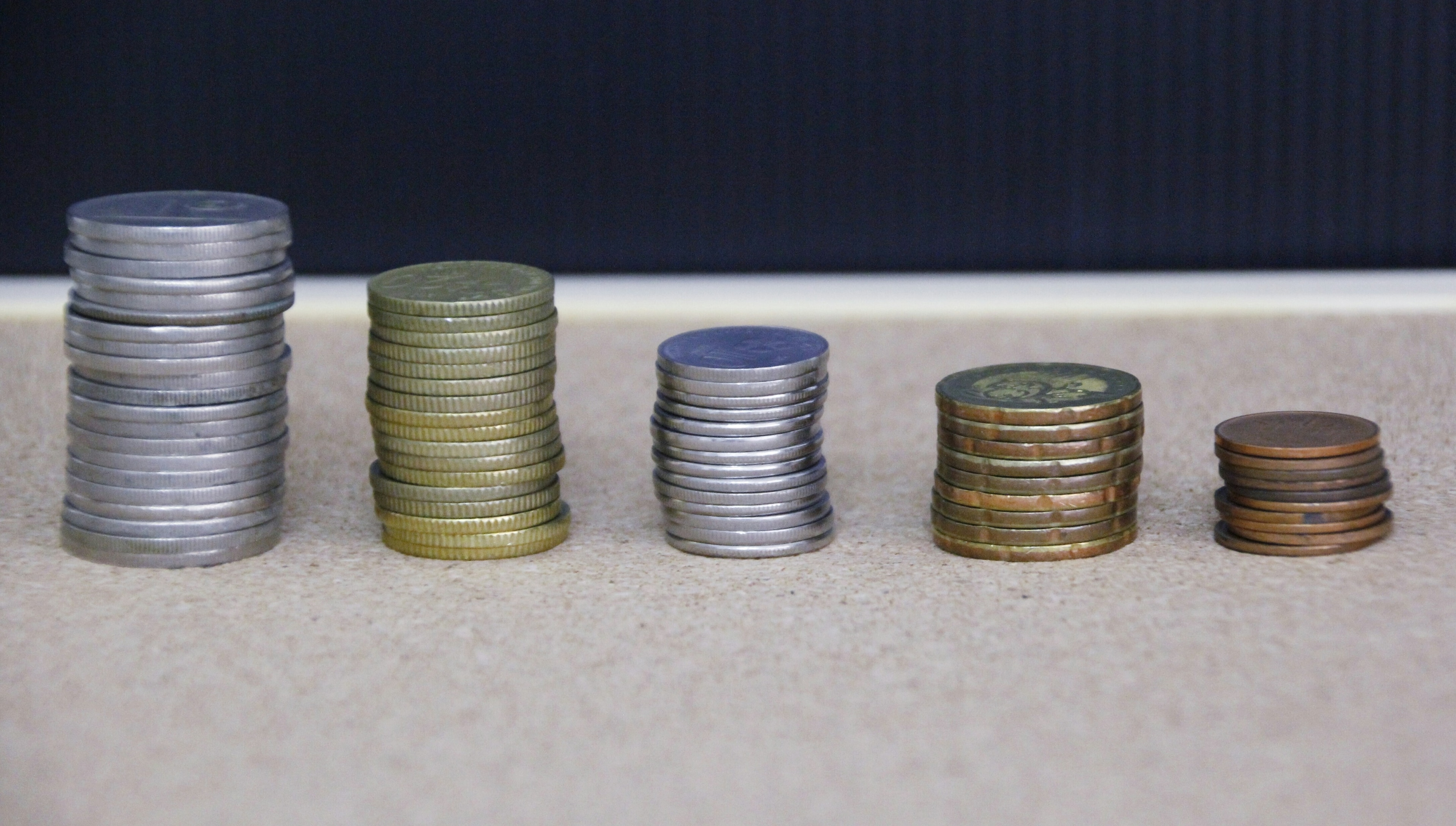What the dollar’s rise means for the global economy


Get involved with our crowdsourced digital platform to deliver impact at scale
Stay up to date:
Banking and Capital Markets
The US dollar is on the move. In the last four months alone, it has soared by more than 7% compared with a basket of more than a dozen global currencies, and by even more against the euro and the Japanese yen. This dollar rally, the result of genuine economic progress and divergent policy developments, could contribute to the “rebalancing” that has long eluded the world economy. But that outcome is far from guaranteed, especially given the related risks of financial instability.
Two major factors are currently working in the dollar’s favor, particularly compared to the euro and the yen. First, the United States is consistently outperforming Europe and Japan in terms of economic growth and dynamism – and will likely continue to do so – owing not only to its economic flexibility and entrepreneurial energy, but also to its more decisive policy action since the start of the global financial crisis.
Second, after a period of alignment, the monetary policies of these three large and systemically important economies are diverging, taking the world economy from a multi-speed trajectory to a multi-track one. Indeed, whereas the US Federal Reserve terminated its large-scale securities purchases, known as “quantitative easing” (QE), last month, the Bank of Japan and the European Central Bank recently announced the expansion of their monetary-stimulus programs. In fact, ECB President Mario Draghi signaled a willingness to expand his institution’s balance sheet by a massive €1 trillion ($1.25 trillion).
With higher US market interest rates attracting additional capital inflows and pushing the dollar even higher, the currency’s revaluation would appear to be just what the doctor ordered when it comes to catalyzing a long-awaited global rebalancing – one that promotes stronger growth and mitigates deflation risk in Europe and Japan. Specifically, an appreciating dollar improves the price competitiveness of European and Japanese companies in the US and other markets, while moderating some of the structural deflationary pressure in the lagging economies by causing import prices to rise.
Yet the benefits of the dollar’s rally are far from guaranteed, for both economic and financial reasons. While the US economy is more resilient and agile than its developed counterparts, it is not yet robust enough to be able to adjust smoothly to a significant shift in external demand to other countries. There is also the risk that, given the role of the ECB and the Bank of Japan in shaping their currencies’ performance, such a shift could be characterized as a “currency war” in the US Congress, prompting a retaliatory policy response.
Furthermore, sudden large currency moves tend to translate into financial-market instability. To be sure, this risk was more acute when a larger number of emerging-economy currencies were pegged to the US dollar, which meant that a significant shift in the dollar’s value would weaken other countries’ balance-of-payments position and erode their international reserves, thereby undermining their creditworthiness. Today, many of these countries have adopted more flexible exchange-rate regimes, and quite a few retain adequate reserve holdings.
But a new issue risks bringing about a similarly problematic outcome: By repeatedly repressing financial-market volatility over the last few years, central-bank policies have inadvertently encouraged excessive risk-taking, which has pushed many financial-asset prices higher than economic fundamentals warrant. To the extent that continued currency-market volatility spills over into other markets – and it will – the imperative for stronger economic fundamentals to validate asset prices will intensify.
This is not to say that the currency re-alignment that is currently underway is necessarily a problematic development; on the contrary, it has the potential to boost the global economy by supporting the recovery of some of its most challenged components. But the only way to take advantage of the re-alignment’s benefits, without experiencing serious economic disruptions and financial-market volatility, is to introduce complementary growth-enhancing policy adjustments, such as accelerating structural reforms, balancing aggregate demand, and reducing or eliminating debt overhangs.
After all, global growth, at its current level, is inadequate for mere redistribution among countries to work. Overall global GDP needs to increase.
The US dollar’s resurgence, while promising, is only a first step. It is up to governments to ensure that the ongoing currency re-alignment supports a balanced, stable, and sustainable economic recovery. Otherwise, they may find themselves again in the unpleasant business of mitigating financial instability.
Published in collaboration with Project Syndicate
Author: Mohamed A. El-Erian, Chief Economic Adviser at Allianz and a member of its International Executive Committee, is Chairman of President Barack Obama’s Global Development Council.
Image: U.S. dollar notes are seen in this picture illustration taken at the Bank of Taiwan in Taipei November 11, 2010. REUTERS/Nicky Loh.
Don't miss any update on this topic
Create a free account and access your personalized content collection with our latest publications and analyses.
License and Republishing
World Economic Forum articles may be republished in accordance with the Creative Commons Attribution-NonCommercial-NoDerivatives 4.0 International Public License, and in accordance with our Terms of Use.
The views expressed in this article are those of the author alone and not the World Economic Forum.
Related topics:
The Agenda Weekly
A weekly update of the most important issues driving the global agenda
You can unsubscribe at any time using the link in our emails. For more details, review our privacy policy.
More on Financial and Monetary SystemsSee all
Lucy Hoffman
April 24, 2024
Michelle Meineke
April 24, 2024
Annamaria Lusardi and Andrea Sticha
April 24, 2024
Emma Charlton
April 24, 2024
Piyachart "Arm" Isarabhakdee
April 23, 2024
Kate Whiting
April 23, 2024






